Hi,
I live in a two year old neighborhood in central Massachusetts. All of the yards in the developement have the same soil and were hydro-seeded by the same company. The grass seed used was a mixture of KBG and fescue. The soil is not the greatest and is clay based. I apply one inch of water per week. My lawn fertilization is done by an local company which was featured in the "January 2009�s "LAWN & LANDSCAPE" E- magazine, the largest green industry publication in the U.S"; for customer retention and satisfaction. Here is a copy of the information from thier web-site:
1.We may go over your lawn two or three times on each visit with different products to do the job right. Many competitors use liquid fertilizer so they can spray everything in one shot to increase production and reduce their fertilizer cost.
2.Product is everything with our Premier Program. Not a liquid fertilizer and not just another granular but a custom blended fertilizer. We use the top sources of nutrients in this program.
3.We include micronutrients to resolve any soil deficiencies and strengthen the plants health to the fullest. It is a superior product over most of the competition. Less leaching, burning potential, volatilization, and superb controlled release of nutrients up to 12 weeks or more.
4.We provide 5 lbs. of nitrogen per 1000 sq.ft per season as recommended by the U-Mass Extension service for soils in New England. Many other companies use 4 lbs. of nitrogen per 1000 square feet. This is almost an additional service compared to most!
5.Our Premier customer service is outstanding and is rated one of the best countrywide. (As stated above)
6. Personal estimates every time. From soil test to recommendations we are there for you.
7.As a simple courtesy, we pre-notify every customer personally before every service. We want to hear your needs. Companies sometimes will pre-notify their customers at their request.
8.All technicians are pesticide licensed and trained.
Here�s our five-visit, seven-step granular fertilizing program:
�Spring Service (April - May)
◦Custom Blend Premier Pro Fertilizer
◦Pre-Emergent Crabgrass Suppression
�Late Spring (May - June)
◦Custom Blend Premier Pro Fertilizer w/Micro's
◦Broadleaf Weed Suppression
◦Insect Suppression
◦Disease & Insect Inspection with recommendations.
◦Follow up crabgrass spot treatment if Spring service was performed by FHS
�Grub Proofing (May - August)
◦Grub Proofing (Merit)
�Summer (July - August)
◦Custom Blend Premier Pro Fertilizer w/Micro's
◦Broadleaf Weed Suppression
◦Disease & Insect Inspection with recommendations.
◦Follow up crabgrass spot treatment if Spring service was performed by FHS
�Fall (September - October)
◦Custom Blend Premier Pro Fertilizer
◦Broadleaf Weed Suppression
◦Disease & Insect Inspection with recommendations
�Liming (October - November)
◦Special Blend Micro-Prill
�Late Fall (October - November)
◦Winter Fertilizer 25% organic
With all this said, my lawn is thick with a few broadleaf weeds, but lacks the deep green color that my neighbors have. In speaking with them, they told me they use "Scotts" four step program and augment it with an application of a Agway bought lawn food or an application of 10-10-10 fertilizer when they feel the lawn color is fading.
Is there an reason(s) why my lawn lacks the deep color that my neghobors have?
Thanks

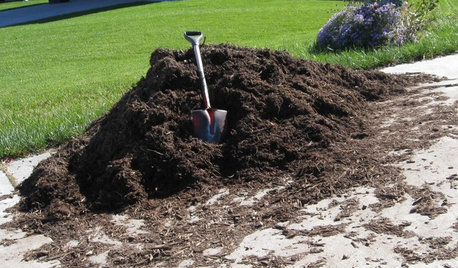
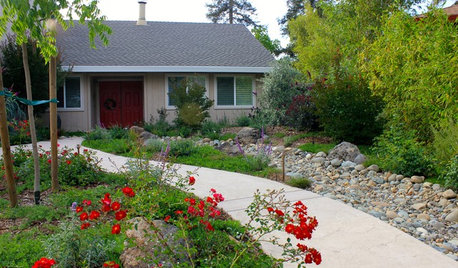

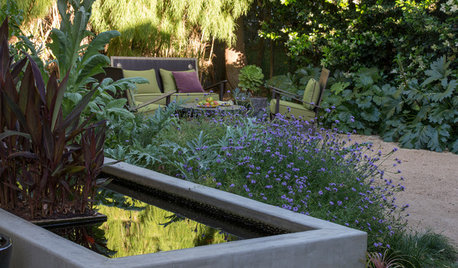
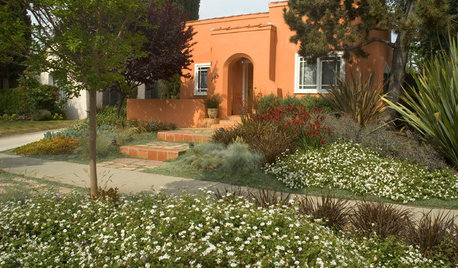

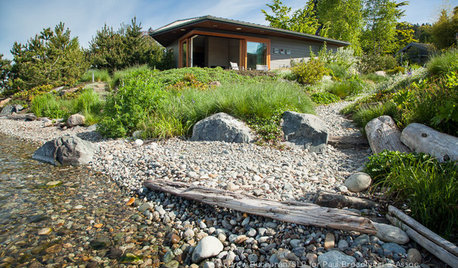








ibanez540r
grass1950
Related Professionals
Maple Valley Landscape Architects & Landscape Designers · Glendora Landscape Architects & Landscape Designers · Bethlehem Landscape Contractors · Burlington Landscape Contractors · East Patchogue Landscape Contractors · Parker Landscape Contractors · Peachtree City Landscape Contractors · Pleasant Prairie Landscape Contractors · Reedley Landscape Contractors · Rockwall Landscape Contractors · Santa Ana Landscape Contractors · South Farmingdale Landscape Contractors · South Portland Landscape Contractors · Thonotosassa Landscape Contractors · Greenfield Landscape Contractorsdchall_san_antonio
tiemco
grass1950
gle2011Original Author
tiemco
grass1950
dchall_san_antonio
grass1950
Lawn_Hobby
gle2011Original Author
grass1950
gle2011Original Author
grass1950